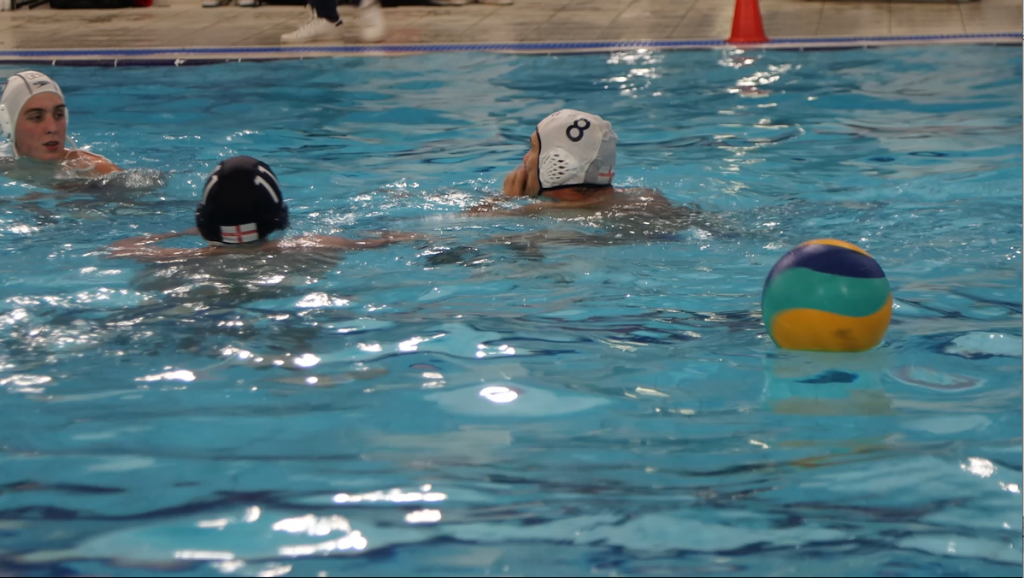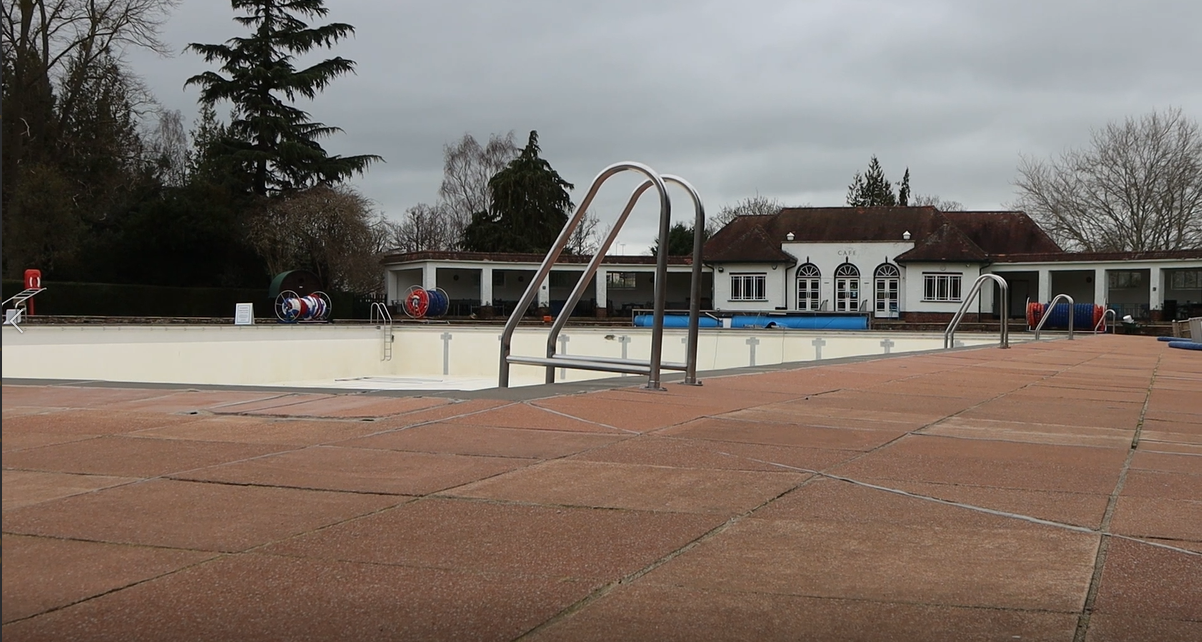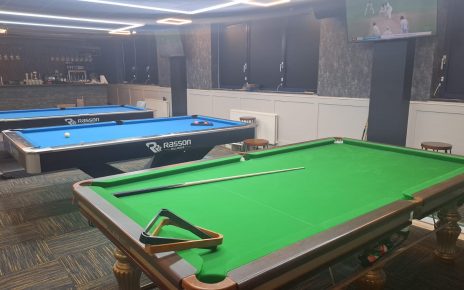In the glimmering waters of aquatics, where once a well-decorated and original Olympic discipline made waves throughout the country, lies a stagnant legacy that brings with it a sense of neglect.
From its early days as a military training technique, or the age where it was just noted as a motor-skill, swimming is on the precipice of becoming the architect of its own downfall.
However, thankfully the sport has clubs like the Cheltenham Swimming and Water Polo Club.
Water Polo remains the shining light in a dark, gloomy tunnel in aquatics at the moment, if one was to follow that beacon of light, they would find themselves in Gloucestershire.
Despite a lack of financial aid from the countries aquatic watchdog, Swim England, the club have found that hard-work, planning, and success is the best way to combat the ever-present issue with funding.
The clubs chairperson, James Ross, suggests that there needs to be an ‘increase’ in sports facilities in the country, with leisure companies prioritising a ‘turn in profit’ rather than community reinforcement.
“Something that’s affecting both swimming and water polo is the cost to use swimming facilities. For a game of water polo you are limited to 26 swimmers, if the pool costs £300 per rental, that results in more than £10 per player. That is not even considering travel or payment for the officials – it has become a very expensive sport.”
James Ross, CSWPC chairperson
A recent report commissioned by Swim England has highlighted systemic issues that have been left to fester with Olympic athletes, volunteers, and guardians walking away from a timeless sport that they have been raised upon.
As for water polo, the sport lacks promotion ‘outside of private schools and certain social circles’ – parading as an elitist activity.
In order to change this, Swim England must look into initiatives that allow a wider range of society into a sport that is not only exceptionally benefiting, but a competitive aquatic team sport that requires all from cardiovascular conditioning to strategic thinking.

Historically, swimming was a team sport that was well celebrated within England through galas and other meetings of merriment.
Yet, the sport now boasts a culture that results in parents refusing to share information with fellow parents, children feeling nervous about attending training and most of the subject-specific conversations revolving around an individuals recent performance or time.
And, whilst its aquatic counterpart water polo does not fall under any critique, there is a unblemished lack of finance in the sport.
If water polo is to have a future in sport, then Swim England must do a lot more than just apologise for their maltreatment and invest into a club that has paved the way for water polo.


